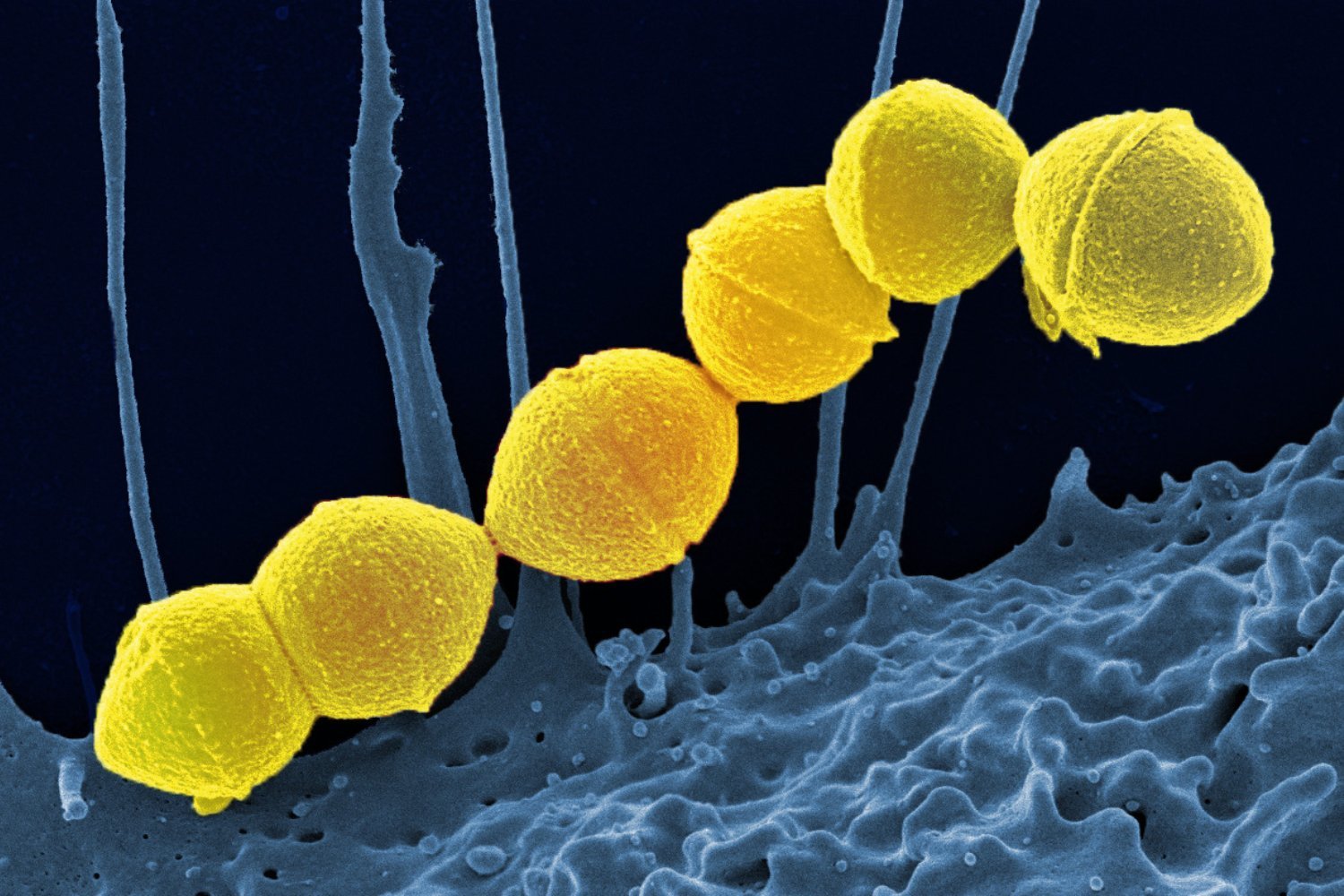Travelers seeking spiritual healing from a holy well in Ethiopia unknowingly brought back a dangerous souvenir: multidrug-resistant cholera. This surprising outbreak, affecting individuals in Germany and the UK, highlights the risks of consuming untreated water, even from revered sources.
The outbreak, detailed in a report published in Eurosurveillance, involved seven people infected with a strain of cholera traced back to the Bermel Georgis holy well in Ethiopia. While all individuals recovered, several required hospitalization, with some needing intensive care. This incident underscores the potential severity of cholera and the emerging challenge of antibiotic resistance.
Cholera, caused by the Vibrio cholerae bacteria, can lead to severe diarrhea and vomiting, although many infected individuals remain asymptomatic. While improved sanitation has significantly reduced its impact, cholera still affects millions globally, causing tens of thousands of deaths annually according to the World Health Organization. Recent years have seen a resurgence of cholera worldwide, including in parts of Europe, often linked to travel or imported food and water.
Ethiopia has been grappling with a significant cholera outbreak since August 2022, with tens of thousands of cases and hundreds of deaths. The Bermel Georgis holy well, a popular pilgrimage site in the Amhara region, was identified as a source of contamination in early 2025. The well’s purported healing properties attracted many visitors, unfortunately exposing them to the cholera bacteria.
The outbreak in Europe began to unfold in late February 2025. German health officials identified three cases linked to the Bermel Georgis water. Two individuals had consumed the water they brought back, while a third became ill after having the water splashed on their face. Around the same time, four cases emerged in the UK, with three individuals having travelled to the region and a fourth infected after drinking water brought back by a traveler. Genetic analysis confirmed the link to the Ethiopian strain.
Fortunately, the cholera strain responded to at least one antibiotic, although cholera treatment primarily focuses on rehydration. This underscores the importance of access to effective antibiotics, especially as multidrug-resistant strains become more prevalent.
This incident is unusual, as cholera clusters originating from Ethiopia and reaching Europe are rare. While holy water consumption has been recognized as a risk factor for cholera in Africa, the water likely had a high bacterial load to remain infectious after being transported to Europe.
Despite the unique circumstances of this outbreak, travelers can take precautions to minimize their risk of contracting cholera. Following the “cook it, peel it, or forget it” rule for food, ensuring drinking water is bottled or boiled, and avoiding transporting food or water across borders are crucial steps. In the case of holy water, limiting its use to external application can significantly reduce the risk of infection.
In conclusion, the cholera outbreak linked to the Ethiopian holy water highlights the importance of safe water practices and the potential for disease spread through travel. While the outbreak was contained, it serves as a reminder of the need for vigilance and preventative measures, especially in regions experiencing cholera outbreaks. By adhering to safe travel guidelines, individuals can protect themselves and prevent the further spread of infectious diseases.











